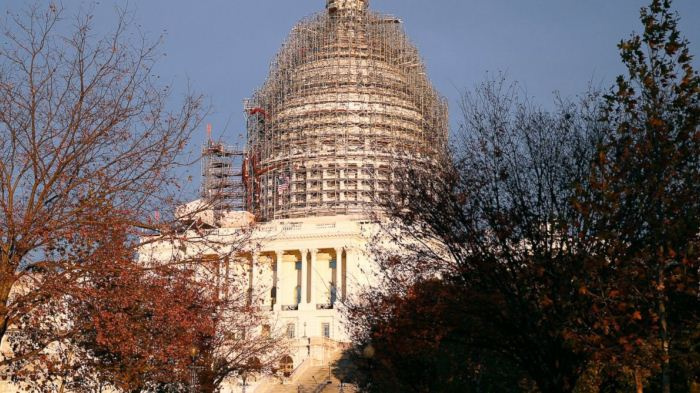The Folly of Congress’ Bill

The 9/11 terrorist attacks provided a singular opportunity for Iran and the US to collaborate over a specific diplomatic issue after long years of freeze in relations following the 1979 Islamic Revolution. Tehran’s role was consequential throughout the military campaign aimed to topple the Taliban and hunt al-Qaeda. At that period, hopes were high that collaboration over the case of Afghanistan would serve as a prelude to rapprochement between Tehran and Washington. Yet four months later, George W. Bush startled Iranians with his notorious “axis of evil” speech in front of Congress in January 2002. His remarks diminished any chances of détente with Americans, drew scorn for the Reformists and their ‘naïve’ attitude towards diplomacy, and lent credit to pessimistic, hostile approaches towards the West.
The US Congress' decision to ‘amend’ the Visa Waiver Program (VWP) despite the positive diplomatic developments of 2015, not only the nuclear deal, but also the Syria meetings which has seen Iran as an active participant, evokes the same nothing-will-change pattern of the early 2000s. The bill strips citizens of 38 countries from the European Union, Japan, South Korea and Australia from a privilege of no-visa entry to the US if they have had visited Iran, Iraq, Syria or Sudan as of 2011.
The intended demographics of the bill has given support to an interpretation that it mainly aims to foil a return by Iran’s old trade partners, especially the Europeans, to a market they have been alienated from for several years during the last years of the nuclear standoff. (Back-to-back visits by trade and industrial delegations from Europe, East Asia and Russia to Iran have certainly not been left unnoticed by Americans). And the Congress’ decision. Against this backdrop, and the IAEA’s recent announcement that it will close the so-called PMD (possible military dimension) file of Iran’s nuclear program the decision by the Congress seems more as an act of revenge. Business visits and tourists' influx to Iran, already on the to-go list of tourist websites, could come to a halt.
Foreign Minister Mohammad-Javad Zarif has called the bill “absurd”, and complained about the “mixed signals coming from Washington”. Kerry’s letter to Zarif published this afternoon which reassures Zarif that the bill will not prevent Washington from fulfilling its commitments outlined in the Joint Comprehensive Plan of Action (JCPOA), and will not create hurdles for business with Iran won’t hold water in such circumstances.
In the larger context, the Congress will throw the wrench at yet another effort by a pro-détente figure to mend fences with the West. Rouhani’s domestic opponents are still critical, or at best lukewarm, towards the deal he made with world powers over Iran’s nuclear program, and waste no opportunity to deride his diplomatic initiatives. In this context, the Congress’ bill definitely can’t enhance anything –not even the United States’ security. It could only evoke memories of the unreturned favor of 2011.

